Rehabilitators often act as human/wildlife conflict mitigation specialists. We all (rehabbers) have the same problems and deal with the same issues, we are just in different parts of the world! Conflict mitigation cannot be ignored, especially during a time of crisis. Speaking with the Public Set aside time for the calls so that you are mentally/emotionally...
Category: A to Z Wildlife Rehab Quandaries and Conundrums
Good Housekeeping
The rescuers of a mourning dove they found under a chair on their back porch approach a wildlife center. They are initially skeptical of the standards of the facility after observing that the building is an old mobile home and the outdoor caging looks homemade. However, the rescuers are pleased when they enter – the...
Urban Predators
In the US, it’s fairly common to see whitetailed and blacktailed deer, coyotes, and all sorts of mesopredators in and around the city. A recent National Geographic article mentioned the increased urban appearance of apex predators like cougars. The article made me think “what does this mean for rehab”? My only experience with an apex...
Up For Discussion – Nonnative Species
Up For Discussion The upcoming issue of JWR will feature a Letter to the Editor questioning the ethics of treating and releasing non-native, invasive species. In this particular case, the species in question is Virginia opossums in California (introduced in 1910, according to Jameson & Peeters (California Mammals, University of California Press, 1988)). But...
Thoughts on Imprinting vs Socialization
Aardvarks to Zebu: Post 2 Every so often we choose a challenging rehabilitation question and poll two to four experts on the topic. This time, we chose “Explain the difference between an imprinted or socialized animal, or are they the same thing?” and asked it of a behavioral scientist who works at an education and...
Up For Discussion – “Do as I say”
The Issue: Wildlife rehabilitators have long understood the need to educate the public about appreciating and living in harmony with wildlife. Moreover, rehabilitators have ready access to non-releasable animals who can help put a face on some abstract concepts and drive home an important message. In fact, it’s often the chance to meet a wild...
Aardvarks to Zebu: Post 1
Hello! We have a new column here at IWRC. Each month we will choose a challenging rehabilitation question and poll two to four experts on the topic. In this, our first post, we chose the question “Would you release a one-eyed diurnal raptor?” and asked it of three long time raptor rehabilitators, Louise Shimmel, Randie...
Up for discussion – Rehabilitation Permit Fees
The Question: Should rehabilitators support annual permit fees?
Let your voice be heard in the Journal of Wildlife Rehabilitation's upcoming issue. Send your thoughts on this issue to: jwr.editor@gmail.com. Replies may be edited for space and clarity. Please respond by 6pm EDT Wednesday, April 7.
